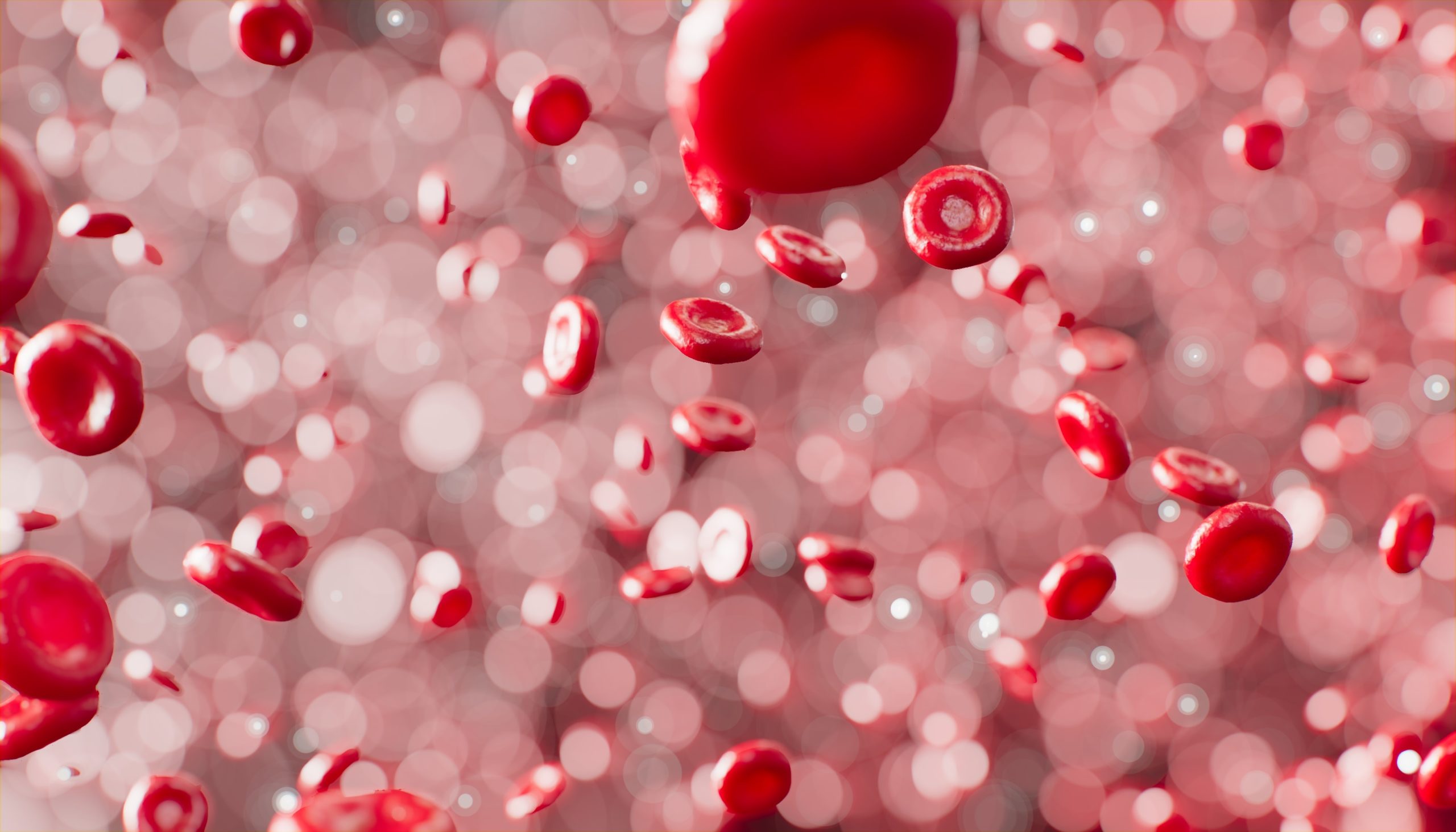Abnormal cells trigger an altered Immune state and inflammation, and these are core features and promoting factors for endometriosis growth. Inflammation and altered immune state are essential factors that allow endometriosis lesions to survive and grow. Immune imbalance and inflammation encourage each other, and in the case of endometriosis, they increase estrogen levels, which makes lesions develop.

These three factors combine to perpetuate the disease and reduce fertility. If it’s possible to reduce one of these factors, it naturally reduces the dynamic that encourages the other two factors and the growth of lesions.
Endometriosis is often described as an estrogen-dominant condition, but it’s also a “chronic inflammatory disease”, and a significant association has been made with autoimmune disorders. i
The generally accepted theory for endometriosis remains the “retrograde menstruation” theory (despite it clearly not explaining it in children and men); however, an “autoimmune dysfunction theory” has also been suggested:
The suggestion is that disruptions to normal immune responses drive the development of endometriosis, and the rather technical evidence supporting this includes:
- The early stages of endometriosis are more active in terms of antibodies, white blood cells and cytokines than the later stages of endometriosis
- A specific tumour necrosis factor type of cytokine (TNF-α-MMP9-SRC-1 isoform) is linked to the development of endometriosis
- A low immunity to endometrial antigens (IgG and IgA) correlates to higher rates of endometriosis
The immune system
The immune system should recognise and remove old and unwanted cells in a process called “apoptosis” (programmed cell death). This constant process recycles around 10 billion cells a day in most adults, and the abnormal cells that form endometriosis manage to evade apoptosis due to:
- Poor surveillance
- Reduced ability to remove faulty cells
The endometrial cells in the perineum escape detection, and almost all the immune cells that should be involved in resolving endometriosis appear to be functioning abnormally. This includes the Natural Killer (NK) cells which are much less potent than usual, and macrophages (large white blood cells) which are more numerous and they release inflammatory cytokines. Once the lesions have become established, they:
- Produce inflammatory factors
- Encourage new blood vessels to form
- Produce estradiol (E2) that encourages further growth and inflammation
Immune balance is a core aspect of fertility health, and the immune system must recognise and adapt to the implantation of an embryo, which is essentially “non-self”. Many immune conditions reduce the odds of pregnancy and increase the chances of miscarriage, and mild endometriosis, in particular, follows this trend:
- Endometriosis reduces IVF success by half compared to other women
- 70% of IVF failure is judged to be due to implantation failure
- Endometriosis also significantly increases the risk of miscarriage ii
- Mild endometriosis is difficult to detect, but it’s inflammatory and raises miscarriage risk by altering: iii
- Follicle development
- Fertilisation rates
- Implantation processes
The altered immune state creates a hostile environment for conception because:
- Many more white blood cells arrive to fight the problem, and they will literally “eat” the sperm they encounter
- Cytokines are hormone-like chemicals released by white blood cells that affect how cells behave. This includes their ability to attach to each other, which is essential for implantation
Inflammation and Endometriosis
Inflammation is a crucial response to infections and something we’ve become more familiar with since Covid-19, with talk of “cytokine storms”. Broadly speaking, there are two types of cytokines:
- Pro-inflammatory cytokines that respond to threats. These cytokines often have additional roles that promote growth and trigger pain
- Anti-inflammatory cytokines that control inflammatory processes. These cytokines inhibit pro-inflammatory chemicals and regulate immune responses to control inflammation
These two balancing responses enable cytokines to fight infections, regulate inflammation and alter the immune balance. In endometriosis, the cytokines are excessively inflammatory, plus they release growth factors that promote the lesions.
The inflammatory cytokines also promote the growth of new nerve fibres and blood vessels that support the endometriosis lesion and elevate estradiol levels in the lesions themselves.
ii Pietro Santulli, et al., Increased rate of spontaneous miscarriages in endometriosis-affected women, Human Reproduction, Volume 31, Issue 5, May 2016, Pages 1014–1023, https://doi.org/10.1093/humrep/dew035
iii Alexandra S Kohl Schwartz, et al., Endometriosis, especially mild disease: a risk factor for miscarriages, Fertility and Sterility, Volume 108, Issue 5, 2017, Pages 806-814.e2,



